Rainbow Research – Pride Month 2021
With Pride Month celebrations more difficult this year due to the pandemic, we are celebrating online!
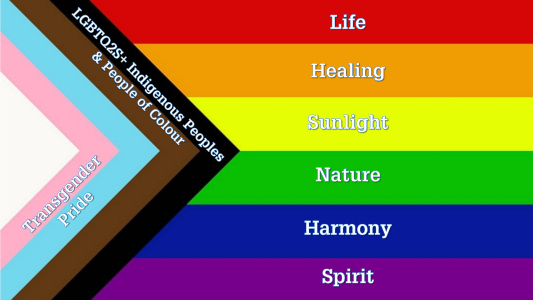
Our journals are publishing Rainbow Research, a series of blog posts which aims to promote visibility of researchers from the LGBTQ+ community. Each post, published throughout the month of June, follows a theme represented by the colours shown in the Progress Pride flag.
Lewis Bartlett: Life
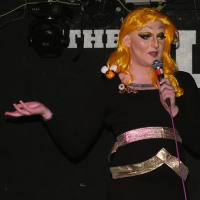
“Life is more than being an ecologist, even a queer one. We can gift academic ecology the insights, brightness, wit, fight and often literal sparkle of queer vibrancy, but it remains only one part of life. What gifts – as the well-connected, travelled, respected scientists and educators we are – can we bring to our queer community outside campus? If that’s a new question to you, think on it.”
Demetrio Mora: Life

“I advocate that through discussion and actions from a diverse set of individuals we will get closer to making academia an inclusive, diverse, healthy, and safe environment for all. This will certainly help in lifting the barriers that hinder LGBTQ+ individuals in science and beyond, as the invention of the microscope lifted impediments to the study of microbial organisms, illuminating their diversity, which had always been there but was invisible to the unaided sight.”
Natalie Yoh: Nature

“There needs to be clear guidelines to ensure LGBTQ+ researchers have effective risk assessments and know what structures are in place to support them should they come into legal difficulties. This should become a standard part of the risk assessment process, not something the researcher has to bring to the university’s attention.”
Numair Masud: Nature

“Biologists are in a unique position to defend the vitriol that still exists towards the LGBTQ+ community.
“We dedicate our lives to understanding nature’s ways and therefore are in a privileged position to offer understanding and knowledge, the power of which we cannot underestimate.”
Justin Stewart: Nature

“Pride for me is not partying or the commercialization of the queer experience. It is the community supporting itself and in doing so celebrating the individual diversity of all queer people. This fits back into why I love nature, as there are so many beautiful things to celebrate, and pride is just another time to do the same.”
Bradley Neal: Nature

“It is no surprise that the people who accepted me immediately were in minority groups themselves and knew what being stigmatised felt like, which is why I so strongly feel that equality and diversity are two of our most important things in society.”
Danielle Orrell: Sunlight
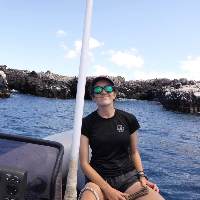
“I asked to write for the yellow, or “sunlight,” section of the Progress Pride flag, as I feel empowered by my time on the sunny volcanic island of Ascension.
“I have found that in an academic setting, having a solid foundation of self-confidence and self-worth has been vital in staying grounded even when targets are not met and experiments fail.”
Adrian Monthony: Harmony
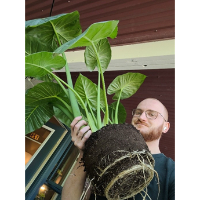
“I think visibility of queer researchers is incredibly important and, from my experience, is sorely missing in my field. It is precisely the invisibility of other queer researchers in plant science that I would like to see change. To use a plant metaphor, it is hard to be a daffodil in a field of tulips.”
Jill Syrotchen: Harmony

“I am especially grateful to both my partner and my advisor for encouraging me to diversify and find harmony among all of my interests.”
Cyren Wong: LGBTQ2S, Indigenous Peoples & People of Colour
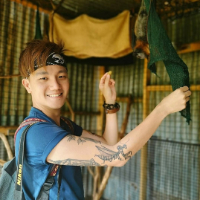
“By appreciating the mechanisms of nature I understood my place in the world, and in coming to this realization, I found a new sense of direction and purpose. It was then that I decided to dedicate myself and my life’s work towards the study and protection of the natural world.”
Ash Jay Brockwell: Transgender Pride
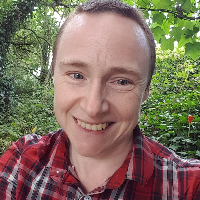
“Life really did begin at 40 when I discovered the terms ‘transgender’ and ‘non-binary’! After trying on a few different labels, I settled on ‘transmasculine flux’ as my preferred way to describe a gender identity that’s sometimes male, sometimes ‘sort of male-ish’, and sometimes (rarely) agender or bigender. Unlike some of my friends who prefer not to talk or even think about their trans history, the ‘trans’ part is just as important to me as the ‘masculine’ part.”
Daniel Trotter: Transgender Pride
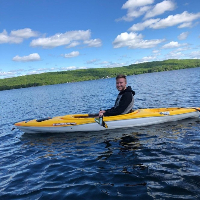
“There are so many under-discussed barriers that made taking the step of transitioning while planning STEM daunting. Things like name changes on publications, knowing some collaborators and colleagues may reject you if they learn about your gender, and weighing the risks of attending or forgoing conferences in locations where it isn’t safe for people like me.”
Gawain Antell: All Colours of Pride
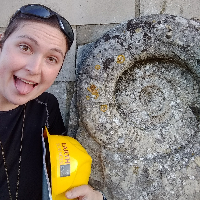
“My orientation places me on the periphery of every community. The A follows the acronym, after all: LGBTQI-A. I am the queer in straight spaces, the asexual in queer spaces, the aromantic in asexual spaces. Life on the outskirts can be lonely at times but also gifts me a vantage point of objectivity.”

Like what we stand for?
Support our mission and help develop the next generation of ecologists by donating to the British Ecological Society.